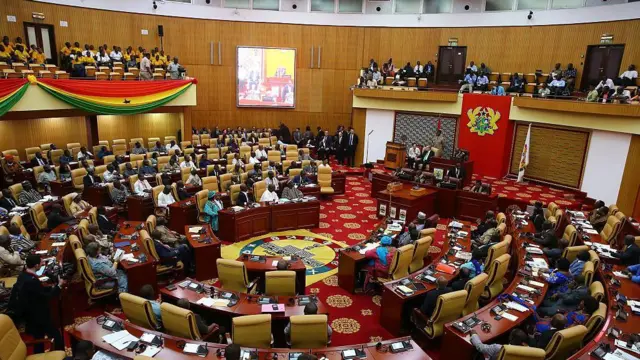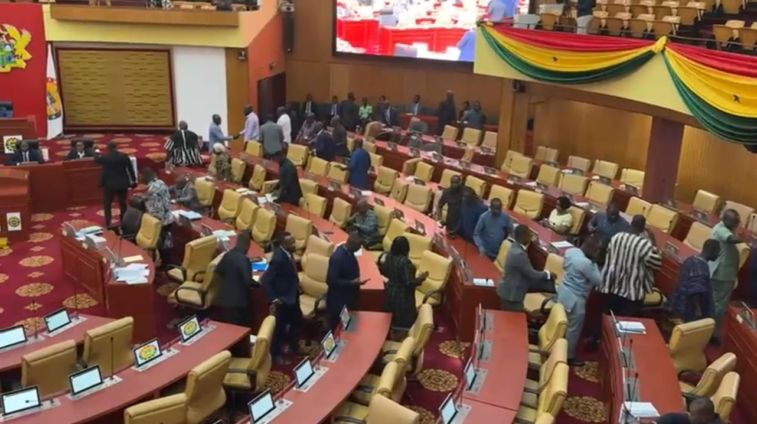Parliament Approves GH¢1 Fuel Levy to Tackle Ghana’s Energy Sector Debt Crisis

Parliament has approved the Energy Sector Levy (Amendment) Bill, 2025, introducing a GH¢1 increase per litre on petroleum products. The decision is aimed at generating an additional GH¢5.7 billion annually to help clear Ghana’s mounting energy sector debts and stabilise the country’s power supply.
Fuel Levy to Power Economic Relief for the Energy Sector
The newly approved GH¢1 increment is part of broader fiscal measures designed to inject fresh capital into the energy sector. Ghana’s energy sector has been grappling with a debt crisis, which experts say is hampering consistent power generation and distribution across the country.
According to the Ministry of Finance, the revenue expected from the adjustment will support the clearance of longstanding arrears and provide funding for fuel procurement for thermal plants—helping to reduce the risk of erratic power cuts, popularly known as “dumsor.”
Government Assures: No Immediate Increase at the Pumps
Despite public anxiety over possible fuel price hikes, government officials have assured Ghanaians that the increase will not immediately affect prices at the pumps. They cite the recent stability of the Ghanaian cedi and international market trends as factors that will absorb the levy without placing additional burden on consumers—at least in the short term.
Minority Walks Out in Protest

The passage of the bill did not come without controversy. The Minority Caucus in Parliament staged a walkout during the vote, describing the move as insensitive and burdensome to the ordinary Ghanaian.
They also raised concerns about the timing of the levy, questioning whether the government had exhausted all alternative measures before introducing what they termed an “unjustifiable increase.”
A Necessary Step or Another Burden?
While the government insists that the fuel levy is a critical step toward solving the country’s energy sector woes, critics argue that the move could trigger an increase in transport fares, food prices, and general cost of living if not properly managed.
The outcome of this decision, many say, will depend on how efficiently the GH¢5.7 billion is used to bring sustainable reforms to the energy sector.
Read Also: ECG’s budget slashed from Ghc500m to Ghc250m




